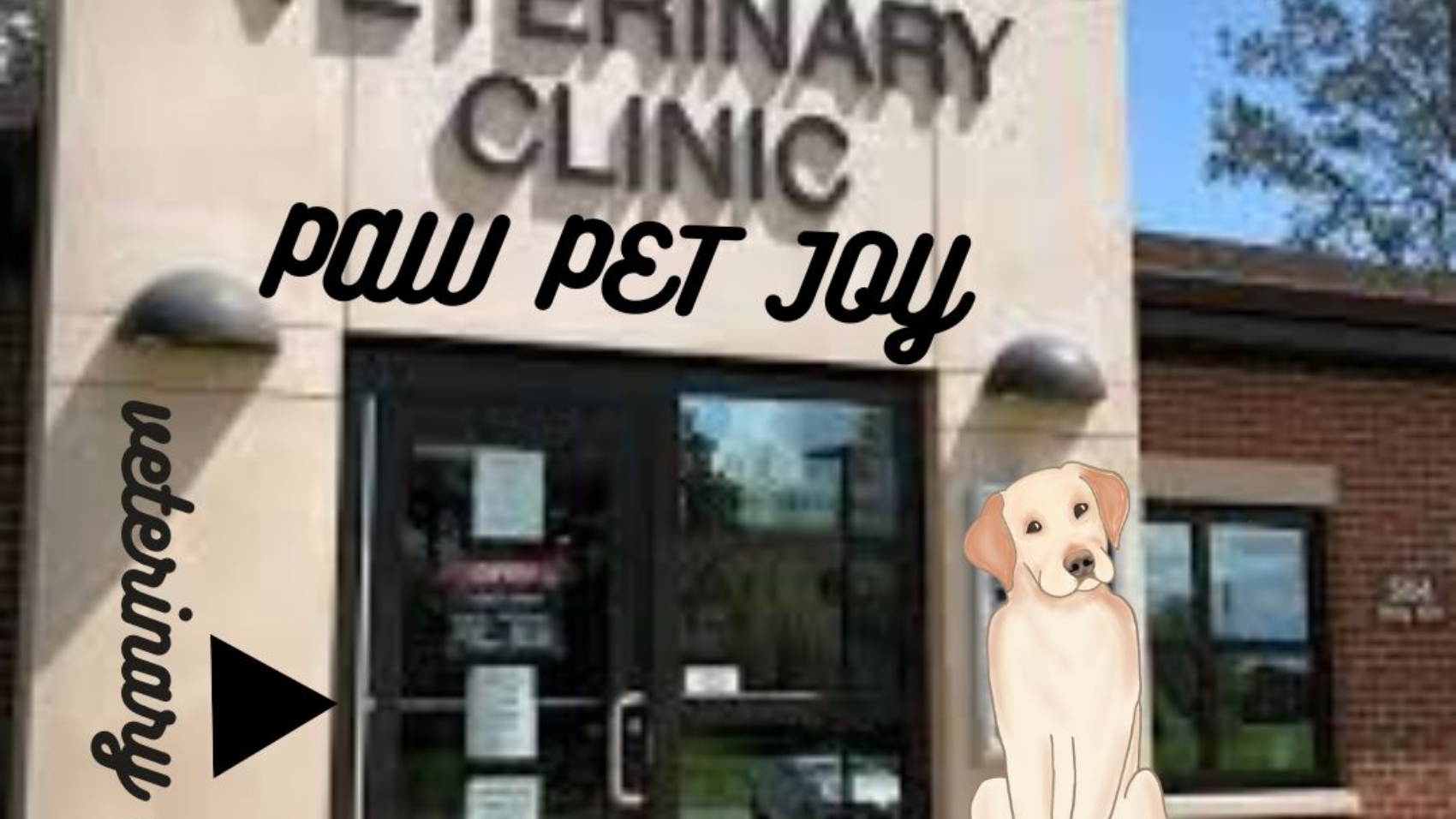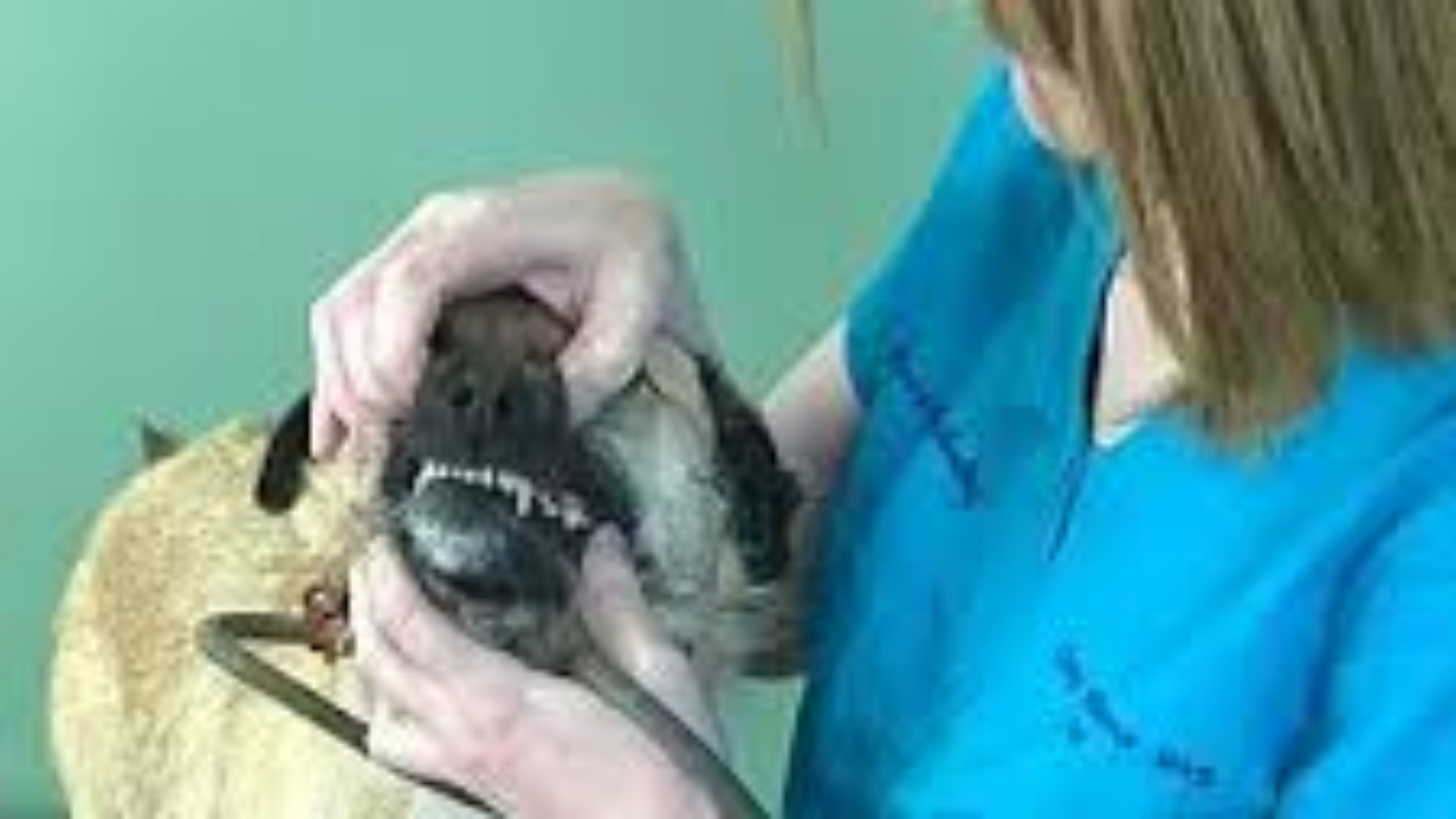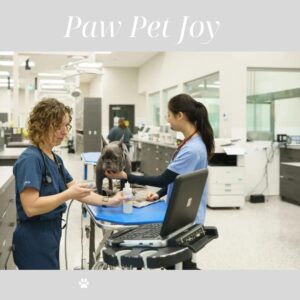Veterinary Clinic by considering factors such as location, services offered, qualifications of the veterinary staff, you can ensure that pet receives care
Introduction
A veterinary clinic is not just a place for medical treatment but a sanctuary where pets receive comprehensive care, preventive treatments, and emergency interventions. This guide aims to provide pet owners with detailed insights into choosing the best veterinary clinic, understanding the services offered, and ensuring their pets receive the highest quality care.

The Importance of a Good Veterinary Clinic
A veterinary clinic plays a crucial role in the life of your pet. The right clinic provides:
Preventive Care: Regular check-ups, vaccinations, and health screenings help in early detection and prevention of diseases.
Emergency Services: Quick and effective treatment during emergencies can save your pet’s life.
Specialized Treatments: Access to specialists in various fields such as dermatology, cardiology, and orthopedics ensures your pet receives comprehensive care.
Surgical Procedures: From minor surgeries to complex operations, a good veterinary clinic is equipped to handle all.
Health and Nutrition Advice: Expert guidance on diet and nutrition helps maintain your pet’s overall health.
Services Offered by Veterinary Clinics
- Routine Examinations and Vaccinations
- Dental Care
- Surgical Services
- Diagnostic Testing
- Emergency and Critical Care
- Pet Nutrition Counseling
- Behavioral Consultations
- Grooming and Boarding Services
Routine Examinations and Vaccinations
When selecting the best veterinary clinic for your pet, it’s essential to consider their approach to routine examinations and vaccinations. A reputable clinic will prioritize preventive care and work with you to create a customized wellness plan tailored to your pet’s individual needs.
Routine examinations are an important part of your pet’s healthcare routine. During these visits, your veterinarian will conduct a thorough physical examination to assess your pet’s overall health. This includes checking their weight, heart rate, lungs, eyes, ears, skin, and teeth. Regular exams can help detect early signs of illness or disease, allowing for prompt intervention and treatment.

Dental Care
When looking for the right veterinary clinic for your pet’s dental care, there are a few key factors to consider. You’ll want to find a clinic that has veterinarians who are experienced in dental care for animals. Look for clinics that have veterinarians who have received specialized training in veterinary dentistry or who have a strong background in this area.
In addition to having skilled veterinarians, it’s also important to choose a clinic that has the necessary equipment and facilities to provide top-notch dental care for your pet. This includes dental X-ray machines, dental cleaning tools, and anesthesia monitoring equipment. A clinic that is well-equipped will be able to perform thorough dental exams, cleanings, and dental surgeries if needed.
Surgical Services
.One of the first things to look for when considering a veterinary clinic’s surgical services is the qualifications and experience of the staff. You’ll want to make sure that the veterinarians performing surgeries are licensed and have the necessary training and experience to safely and effectively perform procedures on your pet. Additionally, it’s important to inquire about the support staff in the surgical department, such as veterinary technicians and assistants, as they play a crucial role in ensuring the success of the surgery.
Diagnostic Testing
When your pet is sick or showing signs of illness, proper diagnostic testing is crucial to determine the underlying cause of their symptoms.
When looking for the best veterinary clinic for your pet, it’s important to consider the type of diagnostic testing they offer. A clinic with advanced diagnostic capabilities can provide more accurate and timely results, which can lead to faster and more effective treatment.
Emergency and Critical Care
You’ll want to inquire about the clinic’s emergency protocol. Find out if they have staff on call 24/7 to handle emergencies outside of regular business hours. Knowing that your pet will be able to receive prompt care in the event of an emergency can provide peace of mind for pet owners.
You should also consider the clinic’s level of expertise in handling critical care cases. Make sure that the clinic has veterinarians who are experienced in treating a wide range of emergencies, from minor injuries to life-threatening situations. It’s also a good idea to ask about the clinic’s facilities and equipment for handling critical cases, such as an on-site laboratory, radiology equipment, and an intensive care unit.
Pet Nutrition Counseling
One important aspect of pet care that can often be overlooked is nutrition. Pets need to have a well-balanced diet to stay healthy and happy. If you’re unsure about what to feed your pet or if you suspect they may have food allergies or sensitivities, pet nutrition counseling at a veterinary clinic can be extremely beneficial.
When you bring your pet in for nutrition counseling, the veterinarian will assess your pet’s current diet and overall health. They may ask you questions about your pet’s eating habits, activity level, and any health concerns you have noticed. Based on this information, they can provide you with personalized recommendations for your pet’s diet.
Behavioral Consultations
Behavioral consultations are an essential service offered by many veterinary clinics to address various behavioral issues in pets. Pets can also experience behavioral problems that can affect their quality of life as well as their relationship with their owners. These issues can range from separation anxiety and aggression to compulsive behaviors and phobias.
Grooming and Boarding Services
When looking for the best veterinary clinic for your pet, it’s important to consider not only their medical services but also their grooming and boarding options. Grooming services are essential for maintaining your pet’s hygiene and appearance, while boarding services come in handy when you need to travel or are unable to care for your pet at home.

Choosing the Right Veterinary Clinic
When selecting a veterinary clinic, consider the following factors:
Reputation and Reviews: Look for a clinic with positive reviews and testimonials from other pet owners.
Qualifications and Experience: Ensure the veterinarians and staff are highly qualified and experienced.
Range of Services: Choose a clinic that offers a wide range of services to meet all your pet’s needs.
Location and Accessibility: A conveniently located clinic makes it easier to access regular and emergency care.
Facilities and Equipment: Modern facilities and state-of-the-art equipment are essential for effective diagnosis and treatment.
Veterinary Clinic Facilities
A top-tier veterinary clinic should be well-equipped with: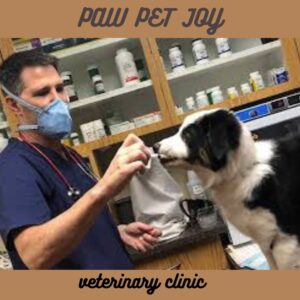
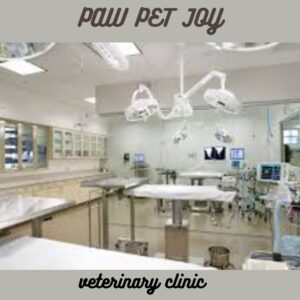
- Modern Examination Rooms
- Surgical Suites
- In-house Laboratory
- Pharmacy
- Advanced Imaging Equipment
Modern Examination Rooms
Modern examination rooms play a crucial role in providing the best possible care for your postmodern examination rooms are equipped with state-of-the-art technology that allows veterinarians to accurately diagnose and treat various health conditions in pets. From digital x-rays to ultrasound machines, these advanced tools enable veterinarians to get a clear picture of your pet’s internal organs and structures, which can be essential in identifying potential health issues.
Surgical Suites
One key factor to look for in a veterinary clinic’s surgical suite is cleanliness. The room should be immaculately clean and free of any dirt, debris, or contaminants that could compromise the health and safety of your pet. A clean surgical suite is essential for preventing infections and other complications that can arise from surgery.
In-house Laboratory
When looking for the best veterinary clinic for your beloved pet, one important factor to consider is the presence of an in-house laboratory. An in-house laboratory is a crucial aspect of a veterinary clinic as it allows for convenient and timely diagnostic testing for your pet.
Having an in-house laboratory means that the clinic is equipped with the necessary tools and equipment to perform a variety of tests on-site. This can include blood work, urine analysis, fecal exams, and more. By having these capabilities on-site, the veterinary team can quickly assess your pet’s health and provide a diagnosis in a timely manner. This is especially important in emergency situations where quick and accurate results are essential for the well-being of your pet
Pharmacy
When it comes to choosing the best veterinary clinic for your pet, one important aspect to consider is the pharmacy services they offer. A well-stocked pharmacy can make a big difference in the convenience and quality of care your pet receives.
The pharmacy at a veterinary clinic is where you will be getting medications, supplements, and other health products for your pet. It is important to choose a clinic that has a pharmacy on-site so that you can easily get the medications your pet needs without having to make an extra trip to a separate pharmacy.
Advanced Imaging Equipment
Advanced imaging technology plays a crucial role in diagnosing and treating various health conditions in animals.
Veterinary clinics that are equipped with advanced imaging equipment such as X-ray machines, ultrasound machines, CT scans, and MRI machines are better equipped to provide a higher level of care for your pet. These imaging tools allow veterinarians to accurately diagnose injuries, illnesses, and other health issues in pets, helping them to develop more effective treatment plans.

The Role of Veterinary Technicians
Veterinary technicians are crucial to the operation of a veterinary clinic. They assist veterinarians with:
- Administering Medications
- Preparing Animals for Surgery
- Conducting Laboratory Tests
- Providing Post-operative Care
- Educating Pet Owners
Administering Medications
Administering medications to your pet is an important aspect of their overall health care. Whether it be for a short-term illness or a chronic condition, proper medication management is crucial to ensuring your furry friend stays happy and healthy. In order to administer medications effectively, it is important to work closely with your veterinarian and follow their instructions carefully.
When you receive a prescription for your pet, make sure you fully understand the medication regimen. This includes knowing the dosage, frequency of administration, and any special instructions from your veterinarian. If you have any questions or concerns about the medication, don’t hesitate to ask your vet for clarification.
Preparing Animals for Surgery
It is crucial to follow any pre-surgery instructions provided by your veterinarian. This may include fasting your pet for a certain period of time before the surgery, ensuring that they are not given any food or treats. This is important as anesthesia can cause vomiting, and having an empty stomach reduces the risk of aspiration.
Conducting Laboratory Tests
One of the first things to consider when it comes to laboratory tests is the range of testing options available at the clinic. A good veterinary clinic should have the capability to perform a variety of tests, including blood work, urinalysis, fecal exams, and more. Having access to a wide range of tests allows your veterinarian to gather comprehensive information about your pet’s health and can lead to more accurate diagnoses.
Providing Post-operative Care
After your beloved pet has undergone a surgical procedure at the veterinary clinic, it is crucial to provide them with proper post-operative care to ensure their speedy recovery and well-being. Here are some important tips to keep in mind when taking care of your pet after surgery.
Follow any specific instructions provided to you by the veterinarian regarding post-operative care. This may include information on medication, diet restrictions, activity levels, and wound care. It is important to adhere to these instructions closely to promote healing and prevent any complications from arising.
Educating Pet Owners
One important aspect of educating pet owners is understanding the importance of regular check-ups and preventive care. Just like humans, pets need routine visits to the veterinarian to maintain their overall health and well-being. These visits can help detect any potential health issues early on, allowing for prompt treatment and ultimately saving your pet from unnecessary suffering.
Q1: How often should my pet visit the veterinary clinic?
A1: Pets should have at least one annual check-up. However, puppies, kittens, senior pets, and pets with health issues may require more frequent visits.
Q2: What should I bring to my pet’s first visit to the veterinary clinic?
A2: Bring your pet’s medical history, a list of medications, and any questions or concerns you have.
Q3: Are veterinary clinics expensive?
A3: Costs can vary, but many clinics offer wellness plans and financing options to help manage expenses.
Q4: How do I know if a veterinary clinic is right for my pet?
A4: Consider the clinic’s reputation, services, and how comfortable you and your pet feel with the staff.
Q5: What are the signs of a good veterinary clinic?
A5: A clean facility, friendly and knowledgeable staff, advanced equipment, and positive reviews are good indicators.
Conclusion
Choosing the right veterinary clinic is a critical decision that impacts your pet’s health and happiness. By considering the factors outlined in this guide and asking the right questions, you can ensure your pet receives the best possible care. A good veterinary clinic not only treats illnesses but also provides preventive care and guidance to help your pet live a long, healthy, and happy life.
Bullet Points
- Regular veterinary check-ups are essential for early disease detection.
- Ensure the clinic has modern facilities and experienced staff.
- Look for a clinic with a wide range of services, including emergency care.
- Veterinary technicians play a vital role in supporting veterinarians and pet care.
- Consider the clinic’s location, reputation, and the comfort level of your pet.
